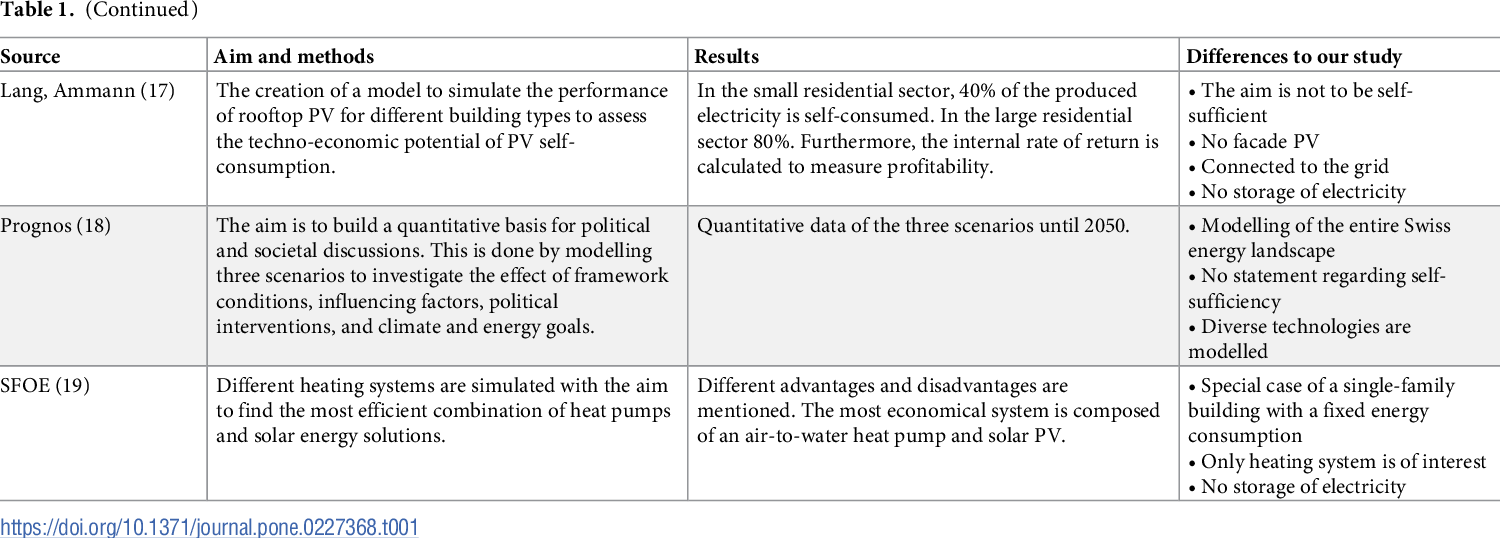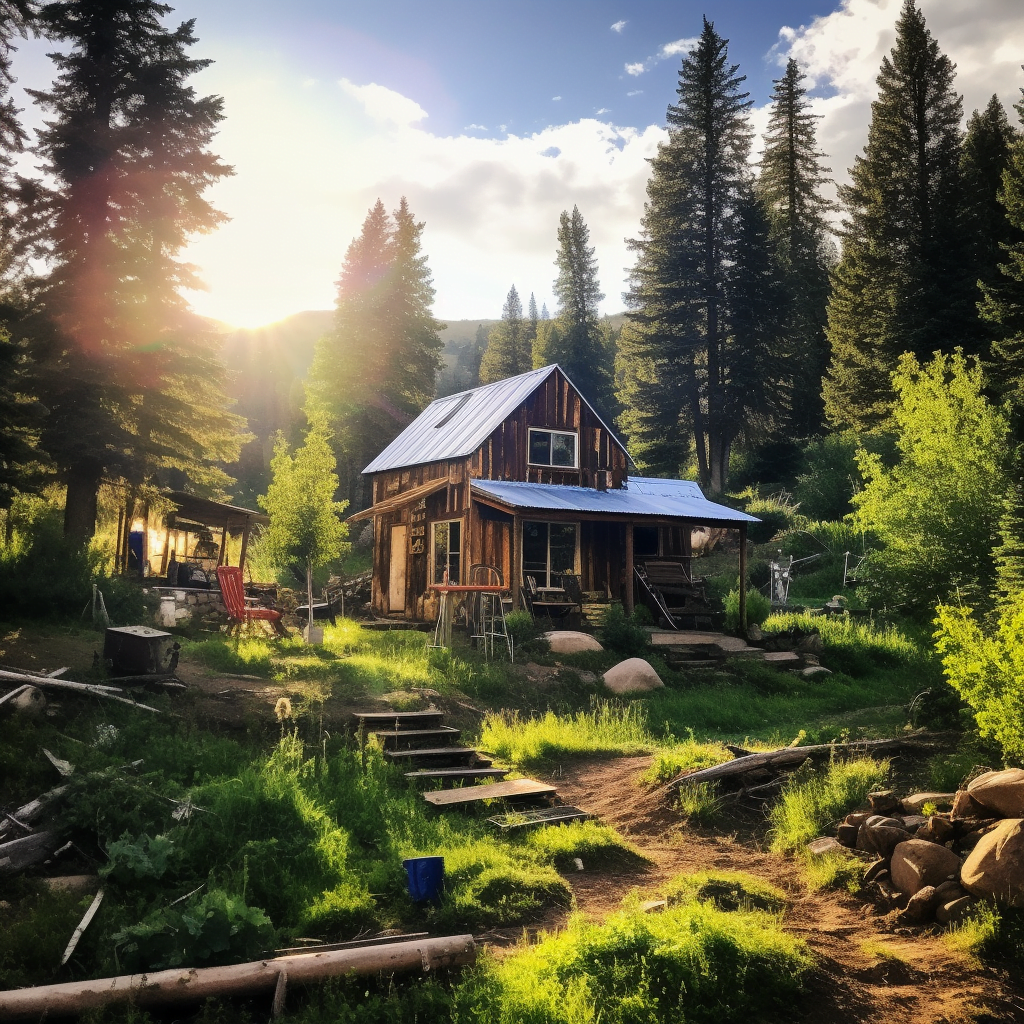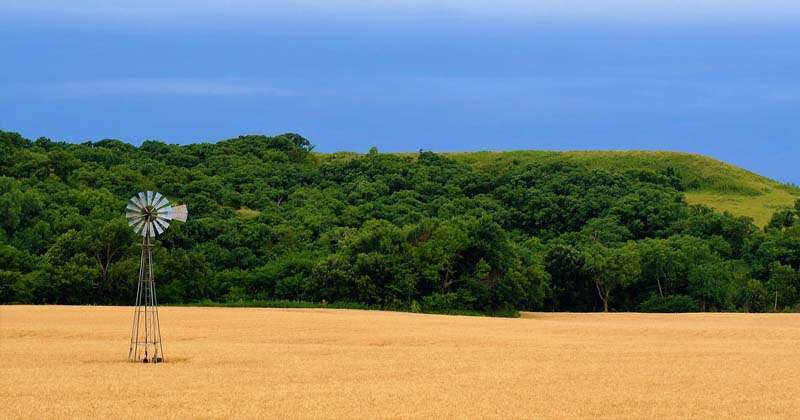In this article, we will explore the topic of self-sufficiency and its drawbacks. We will discuss the concept of off-grid living and highlight the disadvantages that come with being self-sufficient. By the end of this article, you will have a better understanding of the potential drawbacks of prioritizing self-sufficiency in your life.
The Drawbacks of Self-Sufficiency
Living off the grid and embracing a self-sufficient lifestyle may seem idyllic and appealing to many. The idea of being independent, self-reliant, and in control of your own destiny can be alluring. However, it is important to acknowledge that self-sufficiency also comes with a set of challenges and drawbacks that can have significant impacts on various aspects of our lives.
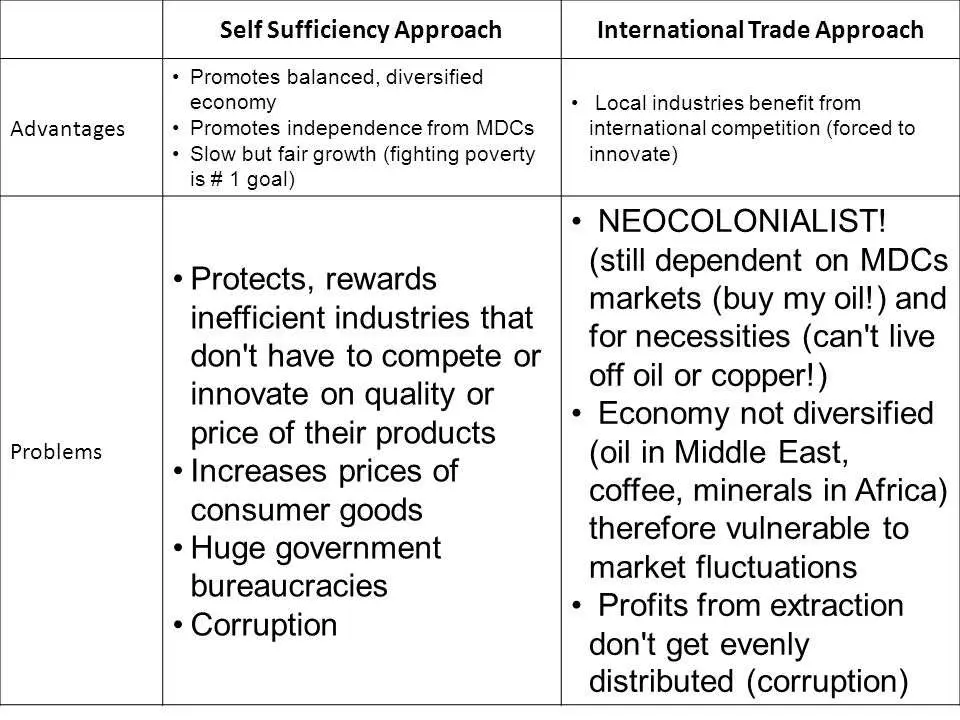
The Illusion of Independence
The myth of complete freedom
While self-sufficiency may create an illusion of complete freedom, the reality is quite different. When you rely solely on yourself to meet your needs, you often become tied to the demands of your own survival. The constant need to gather resources, maintain infrastructure, and sustain daily life can become overwhelming and restrict your freedom in unexpected ways.
Reliance on external resources
Ironically, achieving self-sufficiency often involves relying on external resources, at least in the initial stages. Whether it’s solar panels, water filtration systems, or tools for food production, these resources require significant investments and may not always be readily available or sustainable in the long run.
Limited access to modern amenities
Living off the grid means sacrificing many modern amenities that we often take for granted. Access to electricity, running water, and internet connectivity may become limited or even nonexistent. This can impact your ability to stay connected, access information, and enjoy the convenience and comfort that these amenities provide.
Financial Constraints
High initial investment
Transitioning to a self-sufficient lifestyle often requires a significant upfront investment. Purchasing land, building infrastructure, and acquiring the necessary tools and equipment can be costly. For many, this financial burden may be insurmountable, limiting their ability to embrace self-sufficiency fully.
Maintenance and repair costs
Maintaining the self-sufficient infrastructure and systems can also be financially burdensome. Ongoing costs for repairs and upgrades, as well as the need to replace equipment periodically, can strain limited financial resources.
Difficulty in generating income
Living off the grid often means limited opportunities for income generation. Remote locations and a lack of access to traditional job markets can make it challenging to earn a livelihood. The need to be self-reliant can also consume most of your time and energy, making it difficult to pursue income-generating activities or explore alternative career paths.
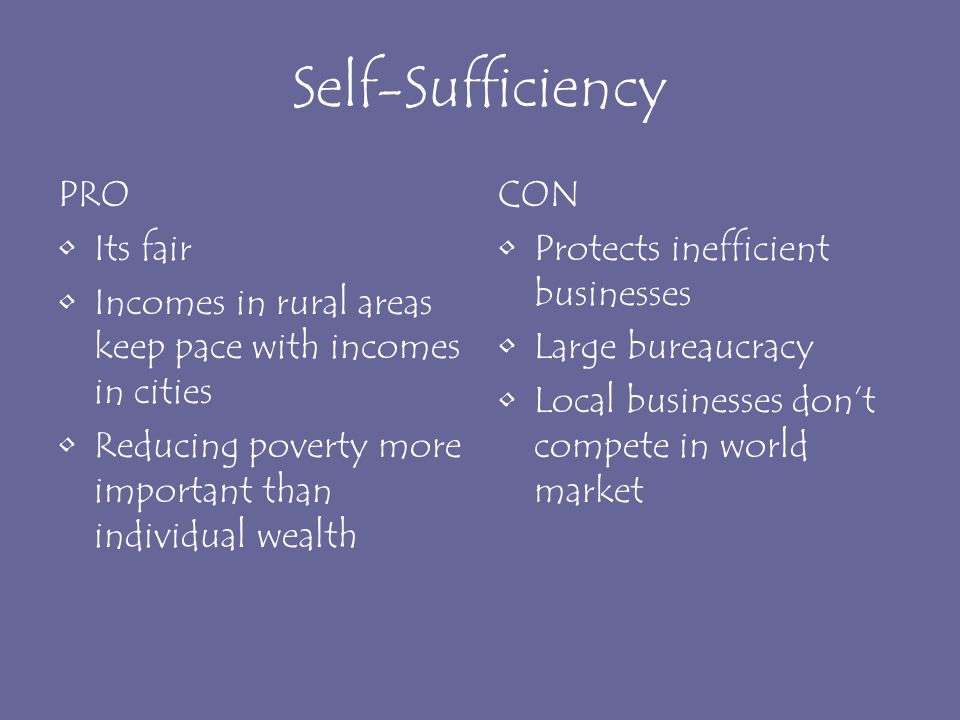
Time and Effort Commitment
Increased workload
Self-sufficiency demands a high level of self-motivation, discipline, and dedication. The workload involved in gathering resources, producing food, maintaining infrastructure, and performing daily chores can be overwhelming. It requires consistent effort and commitment, leaving little time for leisure activities or pursuing personal interests.
Lack of leisure time
Living a self-sufficient lifestyle often means sacrificing leisure time. The constant demands of maintaining your self-sufficient systems can leave you with little opportunity for relaxation or pursuing hobbies. This can lead to burnout and a lack of work-life balance.
Continuous monitoring and maintenance
Self-sufficiency requires continuous monitoring and maintenance of various systems, such as solar panels, water systems, and food production methods. Neglecting these responsibilities can lead to system failures, compromising your ability to sustain your lifestyle. The need for constant vigilance and the pressure to ensure everything is functioning properly can be mentally and physically exhausting.
Social Isolation
Decreased social interactions
Living off the grid often means living in remote locations where you have limited contact with others. While some may find solitude appealing, the lack of regular social interactions can lead to feelings of isolation and loneliness. Human beings are social creatures, and the absence of meaningful connections can have a detrimental effect on mental and emotional well-being.
Limited access to services and amenities
Living in remote areas may mean limited access to basic services and amenities. Medical facilities, educational institutions, and cultural events are often located in urban areas, making it challenging to access these resources. This lack of convenience can further contribute to feelings of isolation and restrict your overall quality of life.
Potential impact on mental health
Isolation and limited social interactions can take a toll on mental health. Without the support and interactions provided by a community, individuals living a self-sufficient lifestyle may experience increased stress, anxiety, and depression. The absence of a reliable support network can make it difficult to cope with the challenges and setbacks that come with this lifestyle.
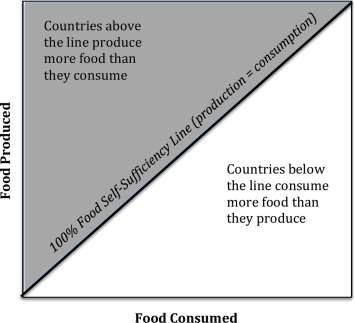
Lack of Expertise and Specialization
Absence of professional support
Living off the grid often means being cut off from professional support. When you encounter complex problems or need specialized knowledge, such as medical expertise or technical assistance, finding the necessary help can be challenging. This can leave you feeling vulnerable and ill-equipped to handle certain situations.
Limited learning opportunities
Living away from urban centers can restrict your access to educational institutions and learning opportunities. The lack of exposure to new ideas, technologies, and advancements can hinder personal growth and limit your ability to acquire new skills and pursue intellectual development.
Inability to acquire specialized skills
A self-sufficient lifestyle often requires individuals to possess a wide range of skills to meet their diverse needs. However, the demands of self-sufficiency can limit the opportunities to specialize in specific areas or acquire expertise in a particular field. This can hinder personal and professional growth, potentially limiting future opportunities.
Vulnerability to Natural Disasters
Inadequate infrastructure and precautions
Living off the grid may mean lacking the necessary infrastructure to withstand or mitigate the impact of natural disasters. In remote locations, access to emergency services, evacuation routes, and disaster relief resources can be limited. This vulnerability increases the risks associated with living in areas prone to natural disasters.
Limited access to emergency assistance
Being self-sufficient often means relying on your own resources during emergencies. Limited access to emergency services, including healthcare, firefighting, and law enforcement, can increase the risks associated with accidents, injuries, and medical emergencies. The lack of support during critical situations can leave individuals feeling vulnerable and exposed.
Risk of isolation during emergencies
During emergencies, individuals living off the grid may face isolation due to their remote locations. Inaccessible roads, limited communication channels, and the absence of nearby neighbors can result in delayed responses and reduced assistance. This isolation can further exacerbate the risks associated with emergencies.
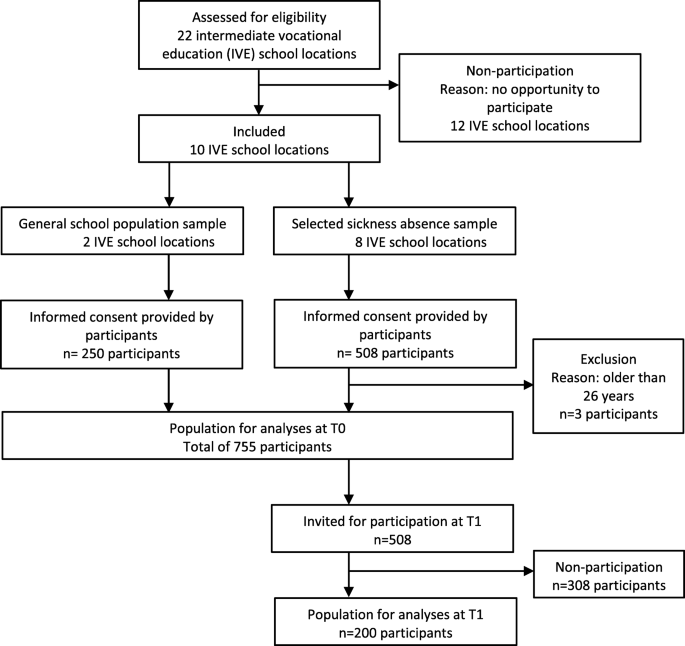
Ecological Impact
Overexploitation of natural resources
Self-sufficiency often involves utilizing natural resources for sustenance. However, in the absence of sustainable practices, overexploitation of these resources can occur. Deforestation, depletion of water sources, and damage to local ecosystems can have long-term ecological consequences.
Potential harm to local ecosystems
The impact of self-sufficiency on local ecosystems may not always be positive. Improper waste disposal, agricultural practices, and land management can lead to soil degradation, pollution of water sources, and destruction of wildlife habitats. Without proper knowledge and sustainable practices, the very environment that sustains self-sufficiency may be harmed.
Lack of sustainable practices
While self-sufficiency is often associated with sustainability, the reality may be different. Without a thorough understanding of sustainable practices, individuals may inadvertently contribute to environmental degradation. The limited access to knowledge and resources can hinder the adoption of sustainable measures, leaving ecological footprints that are greater than intended.
Lack of Convenience and Comfort
Limited access to technology and conveniences
Living off the grid often means going without many modern technological conveniences. Limited access to electricity, internet connectivity, and other modern amenities can disrupt daily routines and impact overall comfort. The lack of these conveniences can add to the physical and mental challenges of self-sufficiency.
Physical challenges and discomforts
Self-sufficiency can involve physically demanding tasks and exposure to harsh weather conditions. The need for manual labor, especially in agriculture and resource gathering, can be physically challenging and exhausting. Additionally, the lack of temperature control, comfortable living spaces, and other amenities can result in physical discomfort and reduced quality of life.
Impact on daily routines
Living a self-sufficient lifestyle often means adapting to different routines and lifestyles. The absence of established routines, such as a regular work schedule or convenient access to necessities, can disrupt daily life and make it difficult to maintain a sense of normalcy. This lack of structure can add to the overall stress and strain of self-sufficiency.
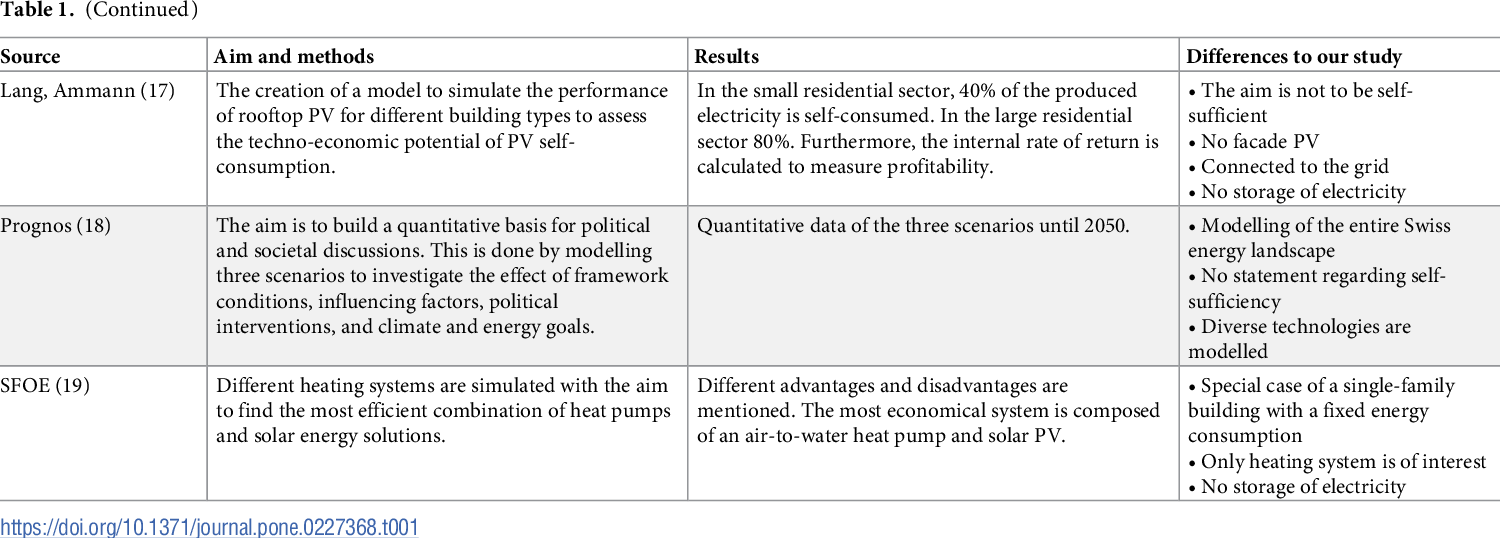
Educational Limitations
Restricted access to educational institutions
Living in remote locations may limit access to educational institutions for both children and adults. Distance and lack of transportation options can hinder access to quality education and restrict opportunities for personal growth and development. This limitation can have long-term impacts on individuals and their ability to pursue higher education or career advancement.
Limited availability of educational resources
Living off the grid often means having limited access to educational resources. Libraries, educational programs, and educational materials may be scarce or inaccessible. The lack of these resources can hinder learning opportunities and limit knowledge acquisition.
Potential impact on children’s development
Growing up in a self-sufficient environment may impact a child’s development and socialization skills. Limited access to peers, extracurricular activities, and diverse learning opportunities can hinder their social, emotional, and intellectual growth. Without exposure to a broader range of ideas and experiences, children may face challenges in adapting to different social settings and future opportunities.
Health and Safety Concerns
Inadequate healthcare facilities
Living in remote areas often means limited access to healthcare facilities and medical professionals. In case of serious illnesses, emergencies, or complicated medical conditions, the lack of nearby healthcare options can have serious consequences. It may require considerable travel and transportation arrangements to reach appropriate medical support.
Increased risk of accidents and injuries
Living off the grid often involves engaging in physically demanding tasks and using equipment and tools that may pose risks. Without proper training or immediate access to medical assistance, injuries and accidents can have severe implications on individuals’ health and well-being. The absence of readily available emergency services can increase the risks associated with daily activities.
Limited access to emergency services
Self-sufficient individuals may face challenges in accessing emergency services during critical situations. Remote locations, limited communication channels, and lack of nearby assistance can result in delayed response times and increased risks during emergencies. The lack of immediate support can be life-threatening in situations that require urgent medical attention or assistance.
Emotional and Psychological Strain
Stress and burnout
Living a self-sufficient lifestyle can lead to increased levels of stress and burnout. The demands of managing various aspects of daily life, coupled with the responsibilities and pressures of self-reliance, can take a toll on mental well-being. The constant need to juggle multiple roles and the lack of support systems can lead to feelings of overwhelm and chronic stress.
Pressure of self-reliance
The pressure of self-reliance can be emotionally and psychologically draining. The need to constantly meet your own needs, provide for your family, and ensure the sustainability of your lifestyle can create a constant state of pressure and anxiety. This pressure often falls solely on the individual and can lead to feelings of inadequacy and overwhelm.
Impact on mental well-being
The lack of social interactions, limited access to support systems, and the demanding nature of self-sufficiency can have significant impacts on mental well-being. Loneliness, isolation, anxiety, and depression are potential risks that self-sufficient individuals may face. The absence of regular check-ins and the inability to share the burden of daily challenges can exacerbate these mental health concerns.
Lack of Cultural Diversity and Experiences
Limited exposure to different cultures
Living off the grid often means living in homogenous communities, with limited exposure to different cultures and perspectives. The absence of diversity can limit personal growth and understanding of the broader world. The lack of exposure to different cultures, languages, and traditions can lead to a narrow worldview and limited understanding of global issues.
Decreased access to arts and entertainment
Remote locations may limit access to arts and entertainment, such as museums, theaters, galleries, and concerts. The lack of exposure to cultural experiences can impact personal growth, creativity, and overall quality of life. Without access to these forms of expression and entertainment, individuals may miss out on opportunities for inspiration and enrichment.
Potential isolation from diverse communities
Living off the grid may result in isolation from diverse communities and social networks. The lack of exposure to individuals with different backgrounds, experiences, and perspectives can limit personal growth, empathy, and understanding. This isolation can hinder the development of inclusive attitudes and diminish the richness that diverse communities bring.
Uncertainty and Unpredictability
Reliance on weather conditions
Living off the grid often means being at the mercy of weather conditions. Agricultural practices, renewable energy generation, and overall resource availability can be heavily influenced by climate variations. The uncertainty and unpredictability of weather patterns can impact the stability and sustainability of self-sufficiency.
Challenges in food production
Food production requires favorable weather conditions, proper soil fertility, and protection against pests and diseases. Self-sufficient individuals often face the risk of crop failures, which can lead to food shortages and a reliance on alternative sources. The challenge of ensuring a stable food supply can be daunting and demanding.
Inconsistency in resource availability
Self-sufficiency relies on the availability of resources, such as water, energy, and raw materials. However, the availability of these resources can be inconsistent and subject to various factors beyond an individual’s control. Inadequate resource availability can disrupt daily life and compromise the sustainability of self-sufficiency.
Conclusion
Living a self-sufficient lifestyle offers numerous benefits, including increased independence and reduced reliance on external systems. However, it is crucial to consider the drawbacks and challenges associated with this lifestyle choice. Before committing to self-sufficiency, it is essential to carefully weigh the benefits against the potential drawbacks.
Weighing the drawbacks against the benefits
Understanding the drawbacks of self-sufficiency is essential for making informed decisions. Consider the financial, social, emotional, and physical aspects that may impact your quality of life. Assess your capabilities, resources, and willingness to adapt to the challenges that come with self-sufficiency.
The importance of finding a balance
While self-sufficiency can be rewarding, it is crucial to strike a balance between independence and interconnectedness. Recognize the value of community support networks, access to services, and collaboration. Finding a balance between self-reliance and reliance on external resources can mitigate many of the challenges associated with self-sufficiency.
Considerations for a sustainable lifestyle
To overcome the drawbacks of self-sufficiency, it is important to adopt sustainable practices. Educate yourself about sustainable resource management, engage in ongoing learning and skill development, and foster relationships with like-minded individuals. Emphasize sustainable agriculture, renewable energy, and responsible waste management to minimize negative ecological impacts.
In conclusion, self-sufficiency is not without its drawbacks. The challenges of limited resources, social isolation, and potential impact on mental well-being should be carefully considered before embarking on this lifestyle. While the allure of independence may be strong, finding a balance between self-sufficiency and reliance on external systems can lead to a more sustainable and fulfilling life.

